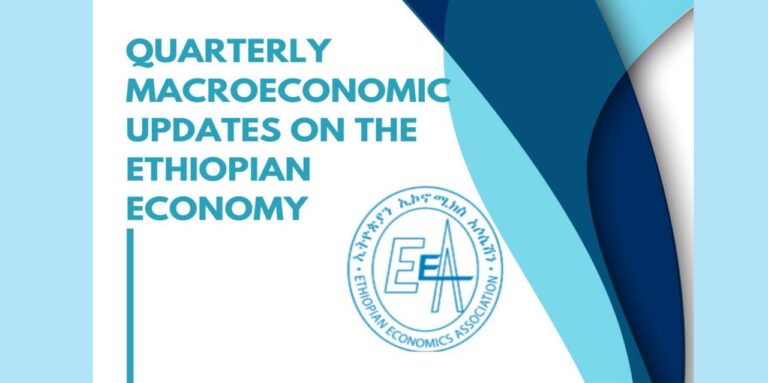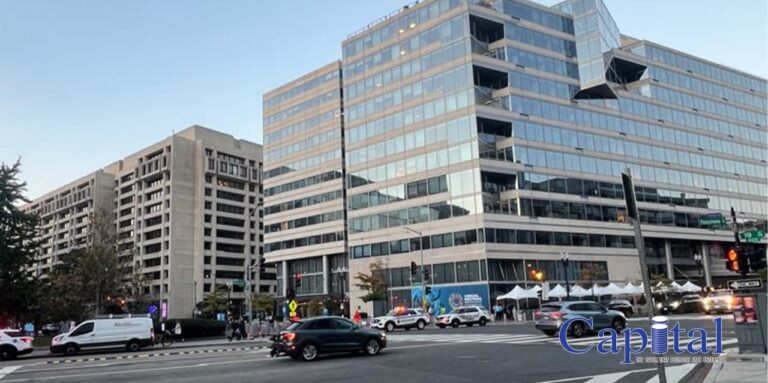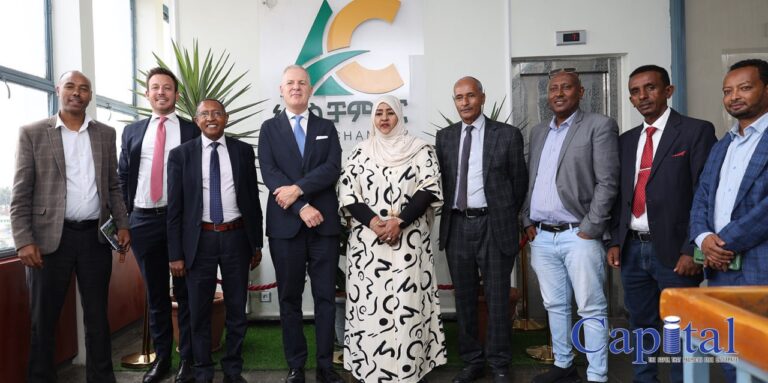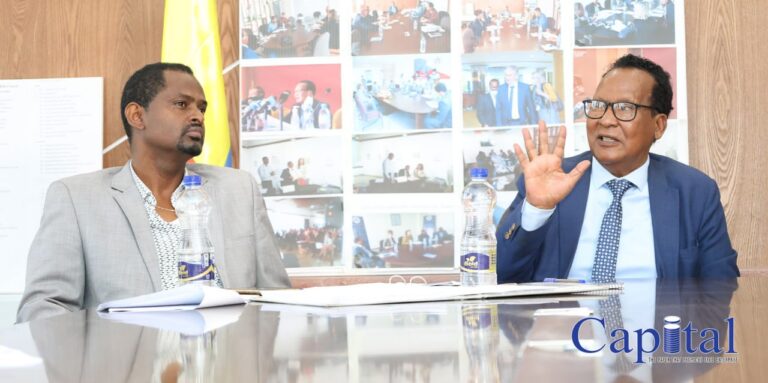Ethiopia’s transition to a floating exchange rate regime in July 2024 marked a significant shift in its economic policy, aimed at addressing long-standing distortions in the foreign exchange market, according to the Ethiopian Economics Association’s Quarterly Macroeconomic Updates. However, the Ethiopian Birr (ETB) has experienced steady depreciation against the US Dollar since the reform, with an 11.5% decline recorded between mid-September and December 2024. This trend underscores the complexities of adapting to a market-driven exchange rate system and signals the need for coordinated policy measures to stabilize the currency.
Following the implementation of the floating exchange rate system, the ETB stood at 114.72 ETB/USD on September 16, 2024. Over the next few months, it depreciated significantly, reaching 127.92 ETB/USD by December 31, 2024. The depreciation was driven by factors such as speculative behavior, inflationary pressures, and structural challenges within Ethiopia’s economy.
The initial post-reform period saw modest fluctuations as the market adjusted to the new policy framework. However, beginning in October, depreciation accelerated due to rising inflation and heightened demand for foreign currency. By November, the government’s decision to ban the Franco Valuta system—a mechanism allowing importers to source foreign currency independently—added further volatility to the market.
The depreciation of the ETB has had significant implications for inflation. As import costs rise due to a weaker currency, consumer prices for essential goods have increased, exacerbating inflationary pressures. Headline inflation rose from 1.2% in August to 2.4% in September 2024, reflecting the pass-through effects of exchange rate adjustments.
This dynamic poses challenges for policymakers as they balance efforts to stabilize inflation with the need to support economic growth. Tight monetary policies aimed at curbing inflation have led to liquidity constraints, making it difficult for businesses to access foreign exchange for imports.
Ethiopia’s transition to a market-driven exchange rate system represents a bold step toward economic reform but comes with significant risks that require careful management. The steady depreciation of the ETB highlights the need for coordinated efforts to stabilize key macroeconomic indicators and ensure that structural reforms translate into tangible benefits for businesses and households.









